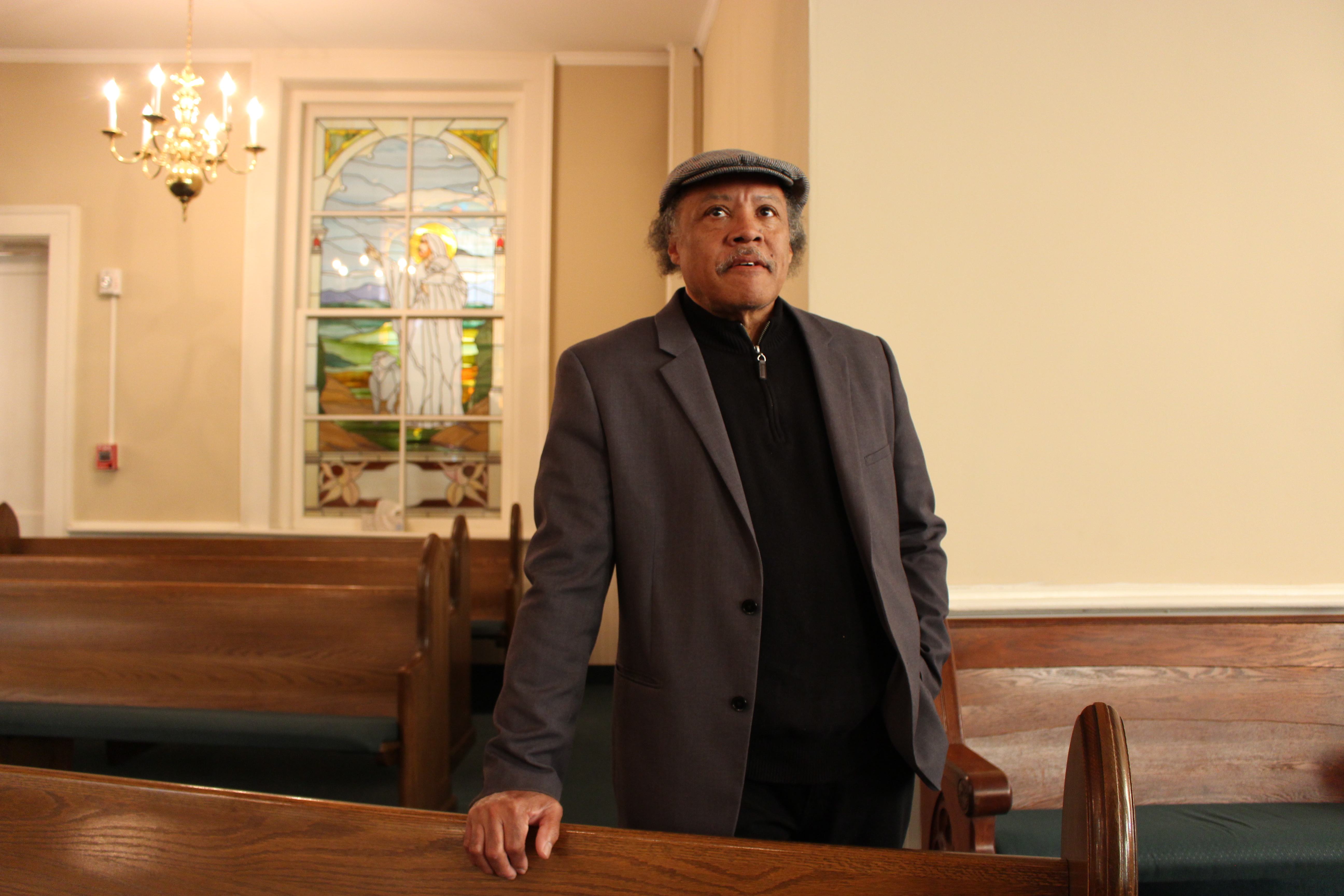Written by Dallas Robinson, 2019 CoFED Racial Justice Fellow
The past six months as a CoFED Racial Justice Fellow have been one of my favorite experiences in this hectic, exciting year. In 2019, I completed a 12-month farm school program, worked several jobs, completed two years of farm apprenticeship work, and began my own farm business while working on my Racial Justice Fellowship project. This year has been tiring, trying, and often upsetting. The fellowship amplified valuable lessons that I will not forget. My understanding has grown in the areas of cooperative economics as well as soft skills like honoring rest. Self-doubt and an adherence to “deadlines” do not impede my growth anymore. Coming on the close of this fellowship, I am closer to some amazing people dreaming up a new economy and world, and I trust myself even more deeply.
Finding out about the Fellowship:
I was told about the Racial Justice Fellowship by my former supervisor from my first job out of college. The good feeling I had submitting my application did not waiver as I waited for a response. By the time I was accepted as a Fellow, I was already smitten with a handful of the Board and Staff members. They were so excited about my project proposal and I was excited about them.

The project:
I have dreamed of hosting a podcast that highlighted what I see as beautiful about Black Southern genius. As a Black, gender non-conforming lesbian, the South is always precieved as a place I should want to escape. This is my home though. I love the unspoken respect strangers give to one another, the land, and the pace. The stereotypical slowness of the South is often a joke, but I see a culture where working with daylight and minding the weather illustrates a people who regard nature as a force in their lives.
I proposed an oral history project that I would use to prompt an educational workshops series at my farm, the Harriet Tubman Freedom Farm. The plan was to interview five Black elders across the state of North Carolina getting their stories as people who grew up in relation to land. I was specifically interested in elders who have stories about growing their own food or crops, canning, hunting or fishing, and what it was like when foodways around them became more commercialized. Countless elders crossed my mind as I daydreamed: Queen Mother in Western North Carolina could tell me about her relationship to food as medicine. I could talk to my Uncle Tommy about fishing in rivers and the ocean as a young boy in the 70’s. Mr. Shackleford could tell me stories of how his family is known for farming mustard and collard greens in Lizzie, North Carolina.

My un/learnings:
My excitement and passion were not reciprocated though. I remember the first woman I called, “Dallas, I’m not the right person.” She told me. But you eat food! I thought annoyed and disappointed. There was a disconnect and I did not know why. My coaching with Suparna and others, taught me that I was after a big perfect outcome. The need for relationship building became evident. Robin Wall Kimmer writes about the indigenous wisdom of an Honorable Harvest in her book Braiding Sweetgrass. I need to give as much as I plan to take when working with people. This lesson illustrates cooperation.
I recognized the impact of extraction in our capitalist world: coordinating a time to sit down with people, the work I was piling on my plate to plan and edit interviews, the resources going into gathering these stories were taking up time. I felt guilty because I or the people I wanted to speak with had to work or needed to rest. Oral history is sacred work. Unfortunately, I do not live in a country where there is a lot of time to sit with your people and be. The intimacy of storytelling requires honored practice. It is not enough to just give my listening ears to my elders, but I may also see what they need and want as full people before I ask for something.

Trading Seeds:
Still, the project has evolved. This fellowship has taught me to lead with my strengths. I want to celebrate my home, so the oral history project, Trading Seeds, is going to begin in Rocky Mount, North Carolina. I will focus on the elders close to me. I vision cooperators working with me soon to complete interview processes and shape Trading Seeds into something of their own.
Sankofa lives on in this work. We know where we are heading because we know where we are from, like a seed could not be without the crop before it, it also holds all the information to make a bountiful harvest.
